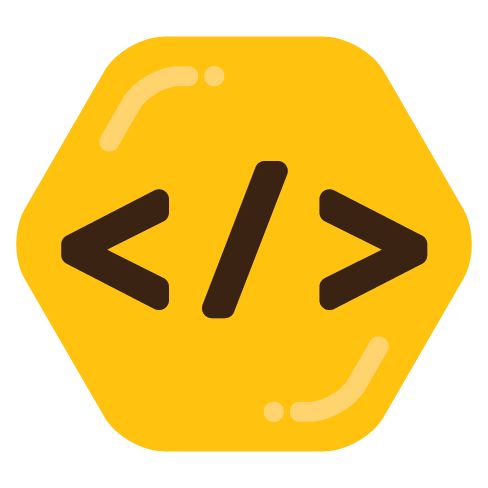Let’s say you decide to learn programming. You have two options. Either use the education system (college or courses) or become self-taught. In the first case, you will learn the programming languages that are imposed on you. The education system (universities, colleges, courses) uses the “modern” development stack. Because what matters to them is what can later bring income to companies and you in life, and taxes to the state. They are part of the system and that’s how it works. Or because they want to get certificates from industry giants and use everything in their implementation - from development tools to ideology. Only a very few colleges and courses specializing in a very narrow field, such as embedded devices, can teach you the C language.
If you choose to learn programming on your own, the first thing you will do is go to the Internet to determine where to start and what you need to learn today. Naturally, you will find there a lot of articles and posts on the topic of “what programming language to learn in X year”. And they will contain a detailed or not very detailed comparison of “modern” languages. But you are unlikely to find the C language among them. Moreover, almost all of these languages will have the intention of being “C replacements”. Naturally, you will choose a new, powerful, and promising language that will replace the “dying C”, while you “look to the future”. You will never find phrases like “Rust is a replacement for Zig” or vice versa, they will all be “replacements for C”. And by doing this they are trying to hide the C language. We have seen why the C programming language is hidden.
But suddenly one wonderful day you came across a post with the words “give C language a try”, or, if you are over 40, you remembered where you started learning programming as a child before you started writing all this “SaaS garbage”. And you thought “well, okay, what if there is something, here is nothing to lose anyway”. And you started learning C, simultaneously integrating into the C community. And then you discover, to your surprise, that the C language is simple and effective, applicable everywhere, and continues to develop. And the community is kind, not pompous, without hype, and buzzing with interesting projects. You realized that the C language is not dying and is not going to die, as the “gurus” on youtube taught you and representatives of the “modern” language communities argued with foam at the mouth. And that it is unlikely that C will be able to replace anything in the near future. It’s as if you have found “your home” again, something you have been looking for a long time, but could not express in words. You have returned to the roots. And this is why the C language is gold.
Look for your “gold”, never give up. When you find it, you will know for sure that this is it. Thanks for reading!


I’ve always wanted to learn programming (more than at uni - that was useless for the most part) but life has pushed me into the endless pit of dopamine that is system administration. At times I’ve thought of going into dev it was always C or C++ (who hasn’t dreamt of writing a game, huh? :D) but I’m so rusty on that type of logic - bash has rewired me - that it never really took off.
What’s your
init, if you will, on getting into C?Side note - is Beehaw going through a revival of sorts or is it lemmy’s algo that started showing me more content from you guys?
@Illecors @modev C would be a terrible first language to learn. Start with something that handles memory management for you like Python or R. But also, language doesn’t matter that much. Learn one procedural, one functional and one declarative language and you don’t need much more.
Agreed except for R. That language’s documentation and semantics are painful. Not Malbolge but reminds me of PHP and BASICs with weird limitations.
I am working as full stack web dev 20+ years and tired from all these SaaS. And at least it is not I was interested in when started learning programming in my 13. Commercial development lead us out from root goals of fathers founders of programming. It’s my main point about it.